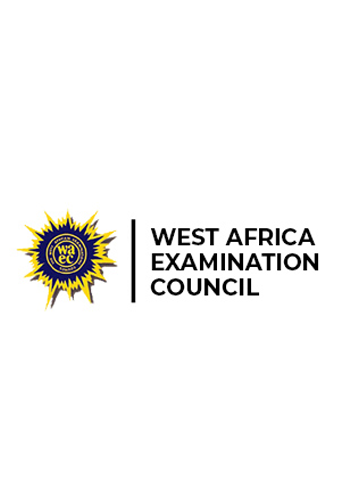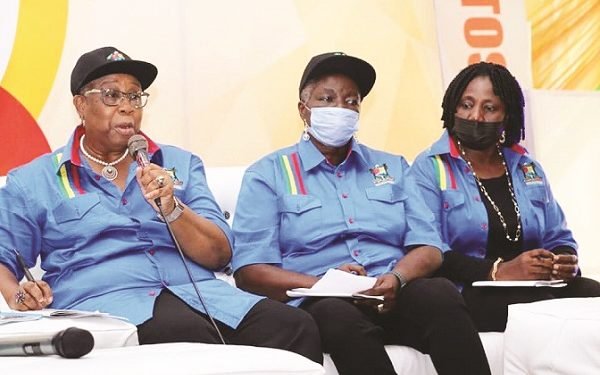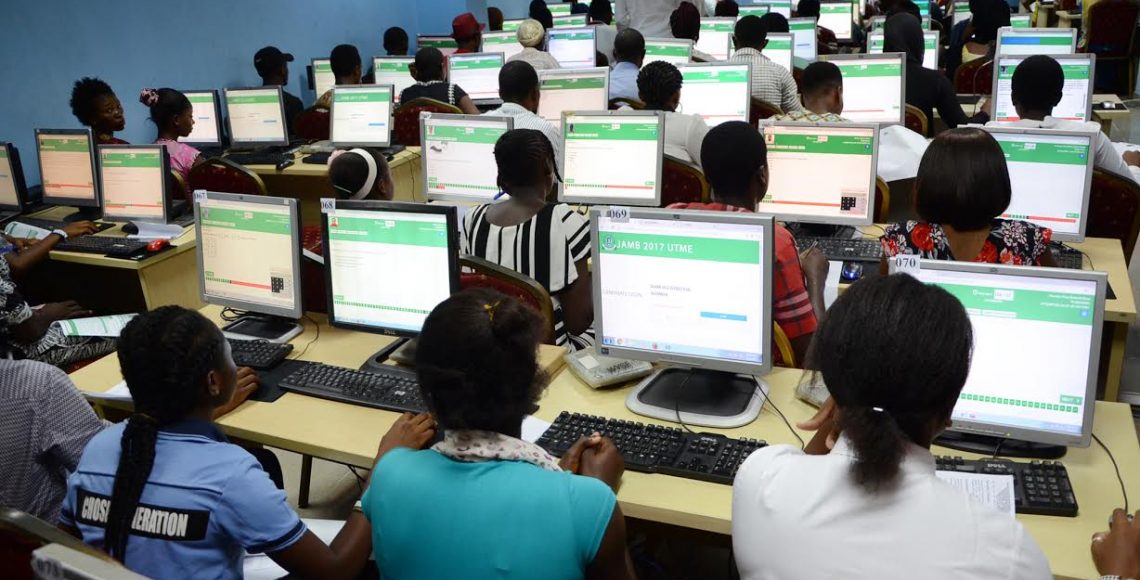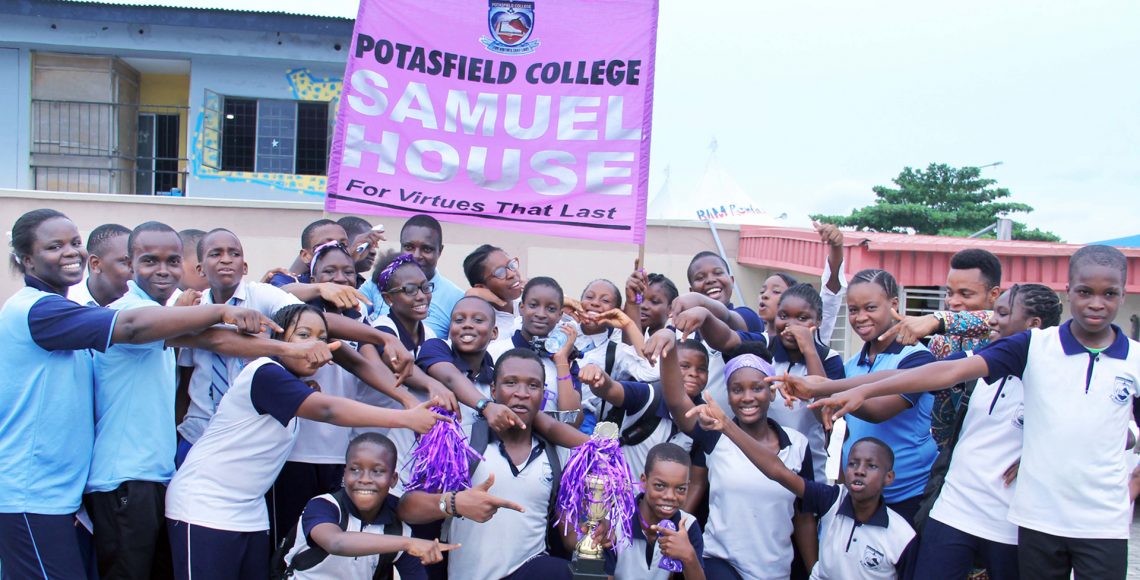How to Get Ready for School
Getting into a routine of preparing for school the day and night before makes getting up and getting ready in the morning much easier. Getting ready for school doesn’t just involve waking up and getting dressed. It also includes getting your assignments done, organizing your school supplies, and having a good attitude as you start the day. By preparing in advance, you’ll have more time in the mornings to sleep in or eat breakfast, and you won’t be as rushed or stressed so your school days will always be off to a good start.
Part1
Preparing the Night Before
-
Pick out your clothes. If you pick out your clothes the night before, you’ll save yourself a lot of time in the morning. Choose clothes that you’ll feel comfortable in throughout the day. If it’s cold out, remember to select layers so that you can put on a jacket or sweater if you need to.
- If you wear a uniform to school, you can still lay it out so that you’ll know where it is and can be sure you have a clean uniform ready to go.
- Make sure your clothes fit within any dress code that your school may have.
- Lay the clothes out on a chair or dresser so that you can find them easily.
-
Take a shower. Showering every day is part of good hygiene. By showering at night, you wash away any sweat or dirt that’s accumulated during the day. You’ll wake up feeling fresh and ready to go, and you won’t need to spend time showering in the morning.
-
Pack your backpack. Double check that all of your books and homework are in your backpack. There’s nothing worse than getting to school and realizing that you’ve left a permission slip or an assignment at home. Look through all of your papers and your calendar to make sure you have what you need.
- You can ask your parents to double check your backpack and make sure you didn’t forget anything. Sometimes they might be able to help you remember something that you forgot.
-
Set your alarm clock. Make sure you set your alarm clock to when you want to wake up. Allow 10-15 minutes more than you think you need for your morning routine. This will ensure that you have plenty of time and can get ready without feeling rushed.
- If you’re used to pushing the snooze button a lot, you’ll want to set your alarm clock for even earlier, to allow for some snoozing.
- Check to make sure that your alarm clock works before you rely on it!
Part2
Getting Ready in the Morning
- Wake up. This one is often more easily said than done. Try your best to get up when your alarm first goes off. Get out of bed as soon as you can. This will help your body and mind to wake up and will help you avoid falling back to sleep.
- It is better for your level of alertness to wake up after the initial alarm goes off. Using the snooze feature doesn’t help you wake-up.
-
Eat breakfast. Eating breakfast helps you wake up and feeds your brain with energy for your day of school. Try to eat something packed with protein and some complex carbohydrates to keep your energized until lunch.
- Morning protein sources can be eggs, breakfast meats, yogurt, or milk or a milk alternative like soy or almond milk.
- Reach for whole grain toast or cereal such as oatmeal or muesli. Fruit is packed with fiber, which is important to a healthy diet as well.
- There are many breakfasts that you can make in large batches at night and freeze for quick reheating in the morning.
-
Practice good hygiene. Brush your teeth well and floss if that’s part of your routine. You can also wash your face, brush your hair, and do anything else that’s part of getting ready to start your day.[7]
- Some people wear makeup or put products in their hair before school.
- If you wear contacts or a retainer, you may need to have special routines dedicated to cleaning and putting in those items.
-
Get dressed. Put on the clothes that you laid out the night before. Look in the mirror to make sure that everything looks right. You can make adjustments if you need to, but don’t get caught up creating a whole new outfit. You’ll start to run behind.
- Check the weather when you get up. You may need to pack an extra sweater or a raincoat if there’s bad weather that you didn’t plan for.
-
Take everything you need. Hopefully, you’ve already assembled your backpack full of necessities and either packed a lunch or prepared to buy lunch. Gather what you need and double check that you have everything.[9]
- It can be helpful to designate one place in your house where you keep your backpack, lunchbox, coat and shoes. That way, you have everything in one place in the morning.
- Check with your parents to make sure you haven’t forgotten anything.
-
Head out the door. You might be getting a ride, walking, or catching a bus (local or school). However you get to school, make sure you give yourself plenty of time to get there. You can’t control if the bus is late, but you can control whether you’re on time to catch the bus.
- If you woke up 10-15 minutes before you absolutely needed to, you should have a little extra time.
Resource From WikiHow









